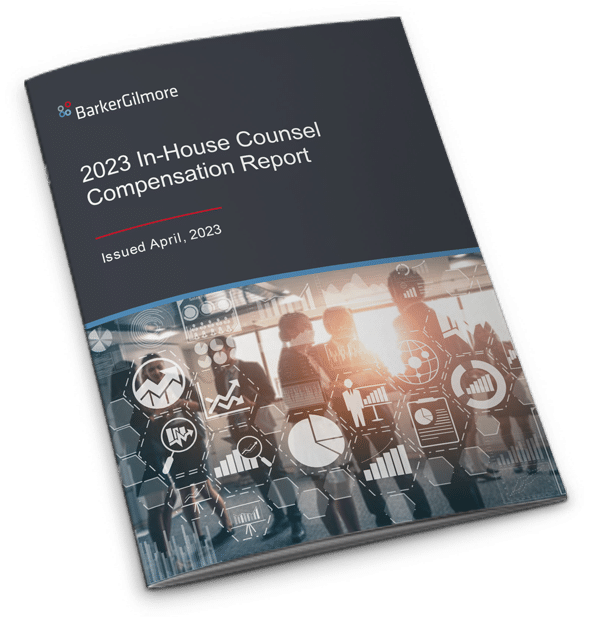Last week, troubled auto company Tesla announced that a trial lawyer Dane Butswinkas will become its general counsel. It’s a move that’s uncommon, but not entirely unheard of.
John Gilmore, co-founder and managing partner at consulting firm BarkerGilmore, said about one in seven of the GCs his firm’s placed have been litigators. More often, companies seek corporate lawyers, he said.
“But if there’s a company that is dealing with some sort of regulatory issues or some sort of large class actions, the board definitely actively seeks someone with that litigation background who they know will manage the matter through the end,” Gilmore said.
He said many companies in highly regulated industries, like finance and transportation, look for litigators to lead the legal team. Uber Technologies Inc., for instance, brought on former Associate Attorney General of the United States Tony West as general counsel in 2017 after a year of litigation around trade secrets, data breaches and more.
Tesla’s trial lawyer pick comes after a settlement with the U.S. Securities and Exchange Commission and a series of suits against CEO Elon Musk over his tweets claiming funding was secured to take the company private at $420 a share.
In a statement last week, Butswinkas said he “never imagined joining a company in-house. But Tesla presents a unique and inspiring opportunity.”
Gilmore said litigators may have less business experience than corporate lawyers, but they’re often able to catch up fast and tap into outside networks.
“Companies, they’re hiring these litigators, and they’re able to quickly understand the securities and governance work and … they know how to hire the right people to do the work underneath them,” he said. ”I think the bottom line is everyone should be open to the person and their leadership abilities and there risk tolerance.”
Jamy Sullivan, the executive director of Robert Half Legal, said litigators can also bring a unique set of skills to the GC role. Companies may want a trial lawyer in-house if they predict litigation is coming their way because they bring a new perspective and can help maintain costs, she said.
“If it’s a company that’s in a litigious perspective they will look for an individual that maybe understands ediscovery really well,” she said.
Sullivan added trial lawyers may have more experience with e-discovery tools, the use of which can help limit costs during heavy litigation periods. Hiring a litigator in-house can also help a company save on outside counsel fees, she said.
In addition, Litigators can further help mitigate risks that lead to litigation in areas such as employment law or cybersecurity.
“When they have a huge risk or a huge litigation that comes up, they still can partner with that outside counsel for more substantive matters,” Sullivan said. “It’s more of a balance of being strategic from a corporate perspective, of what can we still keep in house versus always having to outsource everything.”
However, despite their specialized skill sets, Gilmore said lawyers with litigation backgrounds are still less sought after than corporate counterparts. “In comparison to corporate lawyers, there’s not as many opportunities,” he said.
Connect with a legal recruiting advisor
* indicates required fields




